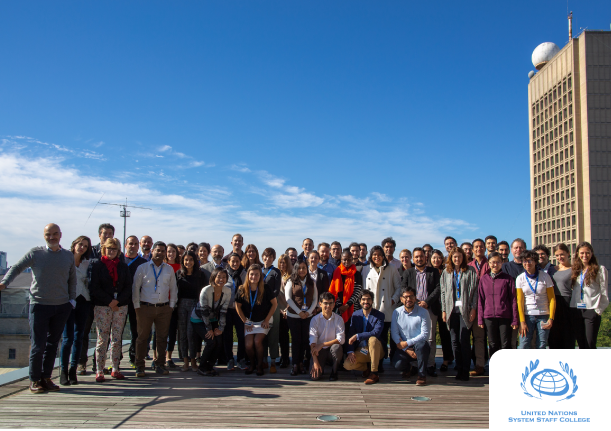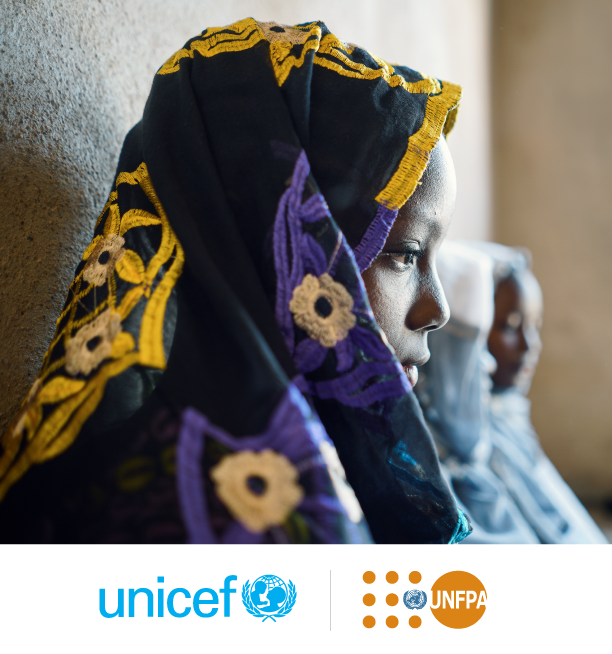Kenya
54
Population 2022 (Millions)
0.58
HDI Score
2021 (Max. 1)
60.9
SDG Score
2023
(Max. 100)
0.51
Gender Inequality
Index Score
(Max. 1)
58
Internet Inclusivity
Index 2022
(100 countries)
Overview
Projects

- Argentina, Europe, Kenya, Latin America and the Caribbean (LAC), Mexico, Philippines, Spain, Sub-Saharan Africa (SSA)
- April 2024 - September 2024
- Data Feminism, Geographies of Inequalities
- Partner(s): City Hub and Network for Gender Equity - CHANGE (Funder), Open Data Watch
Data-Pop Alliance (DPA), in collaboration with Open Data Watch (ODW), was tasked with creating a pioneering gender data framework for urban environments, commissioned by the City Hub and Network for Gender Equity (CHANGE). This framework was intended for implementation across CHANGE’s network cities, starting with Barcelona, Buenos Aires, Mexico City, Nairobi, and Quezon City as the initial participants. Capitalizing on DPA’s and ODW’s specialized knowledge in data analytics and gender-focused research, the project’s core objective was to provide a robust measurement of gender equity within varied city landscapes. The project’s deliverables included: A comprehensive blueprint outlining the essential requirements and stages for cities to prepare and deploy the framework; The framework itself, featuring specific dimensions and indicators that assessed both the processes and physical form of the cities concerning gender equity; and a specialized data collection tool, complete with training materials, to enable cities to gather and process all necessary data to effectively utilize the framework. This multi-faceted approach ensured that the participating cities were equipped with the knowledge, tools, and methods required to drive meaningful progress in the realm of urban gender equity.

- Colombia, Kenya, Senegal, Thailand, Tunisia, USA
- 2016 - 2019
- AI and Statistics for the SDGs
- Partner(s): Hewlett Foundation (Funder), MIT Media Lab, UN System in Tunisia, United Nations System Staff College (UNSSC)
Carried out in partnership with United Nations System Staff College (UNSSC), this series of courses aimed to help practitioners and policymakers develop and implement Big Data innovation projects, policies, and partnerships in support of sustainable development objectives. The content was structured into three main modules: contexts and concepts; methods and tools; and strategy and conception/ethics and engagement. The workshops were delivered in Cambridge at MIT (June 2016), Bogotá (December 2016), Nairobi (June 2017), Dakar (March 2018), Bangkok (March 2018), and the MIT Media Lab (October 2018). The same workshop was also conducted in Tunisia (April 2019) with support from UN Tunisie.

- Africa, Asia Pacific, Bangladesh, Burkina Faso, Egypt, Ethiopia, Ghana, India, Kenya, Mozambique, Nepal, Sierra Leone, South Asia, Sudan, Uganda, Zambia
- June 2022 - May 2023
- Data Feminism
- Partner(s): UNFPA, UNICEF (Funder)
The need to end child marriage and FGM has never been greater –without accelerated progress to end both of these harmful practices, millions of women and girls across the globe will continue to be in danger. DPA, in collaboration with UNICEF and UNFPA, conducted a comprehensive landscape mapping and review of key technology-based interventions to address child marriage and FGM across 13 countries in Africa and Asia (Bangladesh, Burkina Faso, Egypt, Ethiopia, Ghana, India, Kenya, Mozambique, Nepal, Sierra Leone, Sudan, Uganda, Zambia). During the second phase of the project, DPA carried out an in depth review of three selected interventions to better understand their effectiveness, key success factors, and potential areas for improvement.
The methodology proposed by DPA was based on intersectional feminist approach and an analysis integrating both quantitative and qualitative research methods, as well as traditional and non-traditional data sources collected at different stages of the study, underpinned by a participatory approach involving UNICEF, UNFPA, and other stakeholders.
